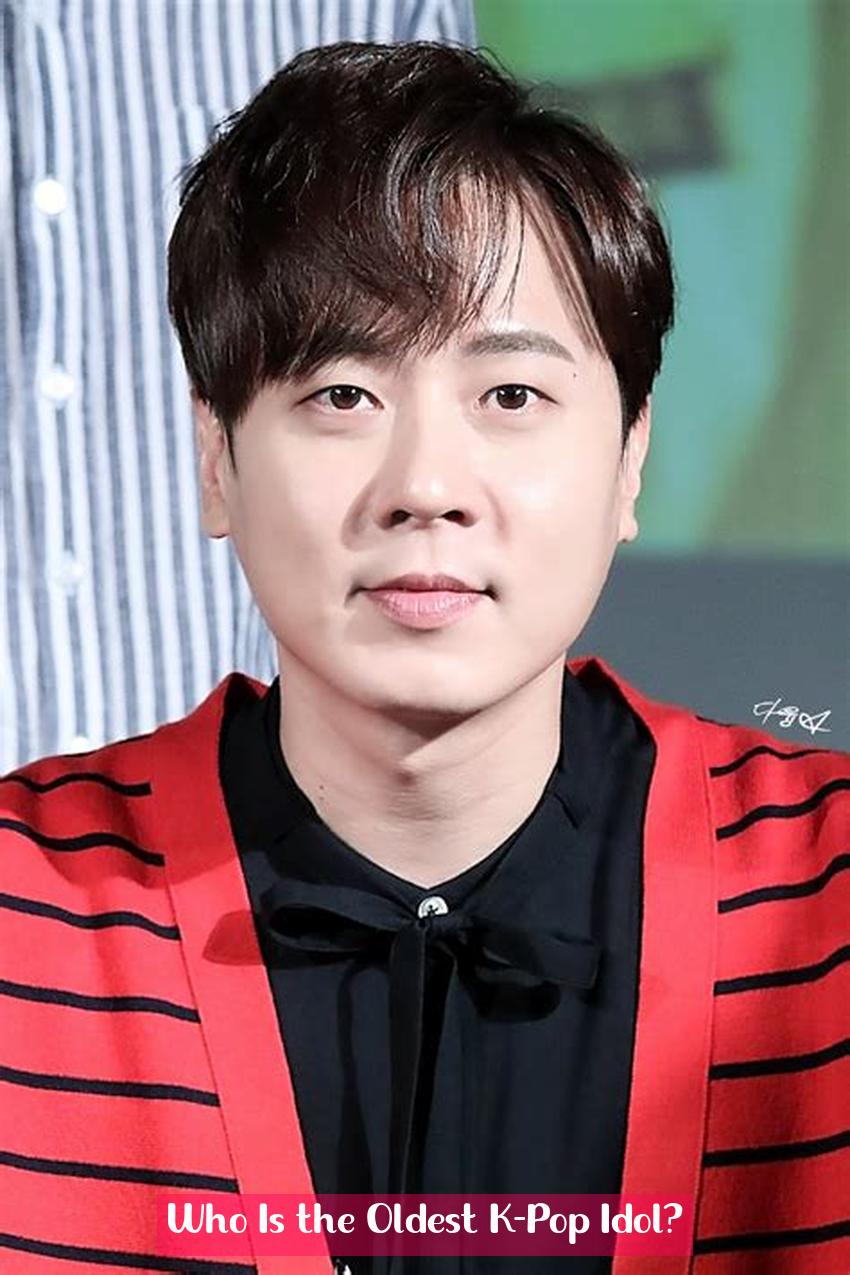Who is the oldest K-pop idol? Get ready to dive into the fascinating world of K-pop legends and discover the timeless stars who continue to shine in the ever-evolving industry. From trailblazing pioneers to enduring divas, we’ll uncover the captivating stories of those who have defied the sands of time in the fast-paced world of K-pop. Join us as we unravel the secrets behind the ageless charm and enduring legacy of these remarkable idols.
Key Takeaways
- Park Joon-hyung is the oldest K-pop idol, born in 1969.
- He debuted as the leader and rapper of g.o.d at the age of 30.
- Most K-pop idols retire at the age of 30 or less.
- Shinhwa is the longest-running Korean boy band in existence.
- Uhm Jung-hwa is one of the oldest active female K-pop idols, currently 52 years old.
- Age at debut for K-pop idols is typically between 15-18 years old.
Who Is the Oldest K-Pop Idol?

In the realm of K-Pop, a genre of music that has captivated audiences worldwide, the age of idols has been a topic of discussion and intrigue. K-Pop idols are known for their youthful charm, vibrant performances, and immense talent. However, beyond the glitz and glamour, there are those who have defied the norms and achieved remarkable longevity in the industry. In this blog post, we delve into the world of K-Pop and explore the oldest idols who have left an indelible mark on the genre.
Park Joon-hyung: The Trailblazing Pioneer
Trending Now — BoyNextDoor: Unveiling the Phenomenon of Popularity in Korea
At the forefront of K-Pop’s oldest idols stands Park Joon-hyung, a name synonymous with innovation and perseverance. Born in 1969, Park Joon-hyung made his debut in the music industry in 1999 as the leader and rapper of the iconic boy band g.o.d. At the time of his debut, he was 30 years old, a stark contrast to the typical age range of K-Pop idols, which usually falls between 15 and 18 years old. Despite the age gap, Park Joon-hyung’s talent and charisma shone through, propelling g.o.d to immense popularity and establishing him as a trailblazing pioneer in the K-Pop scene.
Park Joon-hyung’s journey in K-Pop was not without its challenges. In an industry known for its intense competition and grueling schedules, he faced skepticism and criticism due to his age. However, with determination and resilience, he proved that age is just a number. Park Joon-hyung’s success paved the way for other idols to pursue their dreams regardless of age, inspiring a new generation of artists to break boundaries and defy expectations.
Uhm Jung-hwa: The Timeless Diva
Another shining example of longevity in K-Pop is Uhm Jung-hwa, a true icon who has captivated audiences for over three decades. Born in 1969, Uhm Jung-hwa made her debut in 1993 and quickly rose to stardom with her captivating stage presence and undeniable talent. Known for her versatility as a singer, dancer, and actress, she has released numerous hit songs and starred in popular films and television dramas.
At the age of 52, Uhm Jung-hwa continues to defy the norms and remains one of the most active and successful female K-Pop idols. Her longevity is a testament to her unwavering passion for music and her ability to adapt and evolve with the ever-changing landscape of the K-Pop industry. Uhm Jung-hwa’s contributions to K-Pop have earned her the respect and admiration of fans and peers alike, solidifying her status as a timeless diva.
Shinhwa: The Enduring Legacy
When it comes to longevity in K-Pop, no conversation is complete without mentioning Shinhwa, the longest-running Korean boy band in existence. Formed in 1998, Shinhwa has stood the test of time, captivating audiences with their energetic performances and timeless music. Despite lineup changes over the years, the group’s core members have remained committed to their craft, showcasing their unwavering dedication to K-Pop.
In an industry where many groups disband after a few years, Shinhwa’s enduring legacy is a testament to their strong bond and unwavering passion for music. Their longevity has earned them the respect and admiration of fans and industry professionals alike, solidifying their status as one of the most iconic K-Pop groups of all time.
The Changing Landscape of K-Pop
The K-Pop industry has undergone significant changes in recent years, with the average age of idols gradually increasing. This shift is attributed to various factors, including a growing emphasis on talent and experience over youthful appearance, as well as a broader acceptance of diversity and inclusivity in the industry. As a result, we are witnessing a new era of K-Pop where idols are celebrated for their artistry and longevity, rather than solely their youthful charm.
Conclusion
The oldest K-Pop idols have played a pivotal role in shaping the evolution of the genre. Their contributions have not only enriched the K-Pop landscape but have also challenged societal norms and perceptions. By breaking down barriers and defying expectations, these idols have inspired a new generation of artists to pursue their dreams regardless of age. As the K-Pop industry continues to evolve, we can expect to see even more talented and dedicated idols gracing the stage, leaving their mark on the world of music and entertainment.
Who is the oldest K-pop idol?
Park Joon-hyung is the oldest K-pop idol, born in 1969. He debuted as the leader and rapper of g.o.d at the age of 30.
What is the oldest still active K-pop group?
Shinhwa is the longest-running Korean boy band in existence.
At what age do K-pop idols retire?
Most K-pop idols retire at the age of 30 or less.
Who is the 53-year-old K-pop idol?
At fifty-three years old, the oldest K-pop idol is Joon Park, the leader and oldest member of the group.
What is the typical age at debut for K-pop idols?
Age at debut for K-pop idols is typically between 15-18 years old.







